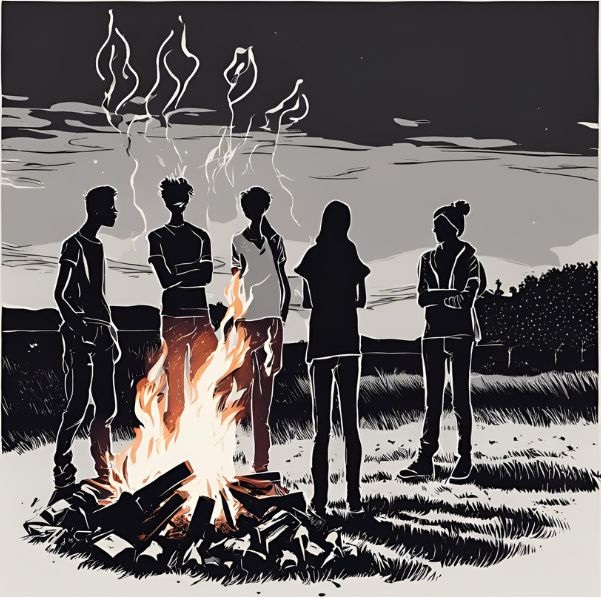- Opinion
- 13 de June de 2024
- No Comment
- 6 minutes read
Referents are on the verge of extinction

Referents are on the verge of extinction
Can Knowledge Be Transmitted When We Have Lost Our Referents?


Let us jog our memory. Let’s put on the table a few referents we have had throughout life relating to society, culture, art, sports… Those referents that we more or less have in common. A moderately educated society that shares some well-known stories. For example, tales. Everyone recognises and can make some sense of classic tales such as The Milkmaid, or everyone knows who Little Red Riding Hood is. Well, let us go further. We all might believe that we have been taught at home certain referents related to good manners: not chewing gum while talking, not interrupting a conversation, sitting properly on a chair, not shouting or leaving a place kicking up a fuss… I will go even further. Everyone knows their home address, when the local festivals are, where the town’s most beloved chapel is, the origin of certain traditions, the local football team, who the mayor is, right? These referents are essential for having a minimum understanding that allows us to comprehend our surroundings without needing to repeatedly refer to definitions. It is akin to telling a joke without needing to explain it. If you have to explain it, it ceases to be a joke.
Well then, what would you say if I told you that we live in a society where referents are on the verge of extinction? A society where many young people are almost incapable of remembering their own address, where education is replaced by handing over a mobile phone at a tender age, and where the blame will never be on the legal guardian. When did we lose our way? When did we stop observing the horizon, knowing where we stood? When did we stop educating at home to make way for legions of uncultured and malicious influencers?
We educators are asked to imagine a bucolic world where teaching is always motivating, where we are the apostles of a client-herd that needs to learn through play and will never be held responsible for their actions because that is how they have been raised. The most conducive breeding ground for frustration.
Can anyone explain to me how knowledge can be transmitted when we have practically lost our referents? What common metaphor can we use in a society when we are incapable of teaching the basics in our own homes? How can we seek examples if mentioning the word X (substitute X here with any moderately rare word like “collective,” “sincerity”) spreads despair (substitute “despair” here with X)?
In rural Spanish areas, these referents are fundamental because without roots, without knowledge of local culture, it will be difficult to build – if it is still possible – a society where its citizens see their surroundings and their town as a place built with the hands of history, of all their families and the neighbours who came. As a place to live, love, and stay if that is their choice.
Our society has turned popular culture into a product. There is more thought given to setting up a bar for visitors than to the socialisation process of the festivity itself. The product is everything that makes having fun possible. Me and only me. The individual surpasses the community. And the rural society is community… or it will not be.
Without the oral transmission of what you see, what you feel, what you were, how do we expect to move forward? Depopulation is a multifactorial problem, but education and the perception of all popular culture as a product could be considered one of the causes. I propose that you talk to your children or students about leisure. Leisure equates to consumption. Consumption of festivals, consumption of “atmosphere,” consumption of “how many people will be there,” consumption of masses on a local scale. Nothing else matters. The option of consumption is one of the main reasons why the urban environment is seen as the panacea to our problems. “There’s nothing here” could be replaced with “we don’t have the opportunity to consume as much here as in the city”.
Festivities and traditions, conversations at the bar or at the social club, sociability through rehearsals and going out, games together in the streets and squares, errands and visits… All of this offers knowledge and referents necessary to understand ourselves and our immediate surroundings. All of this is in clear danger of disappearing. As I quoted in my book “Lo rural ha muerto, viva lo rural” (“The Rural is Dead, Long Live the Rural”), a teenager from my village is more similar to any teenager from anywhere in the world than to us when we were teenagers. The screen as destructive education. Let us continue like this, and we will look for culprits later while the boundary line fades away.
Source: educational EVIDENCE
Rights: Creative Commons

